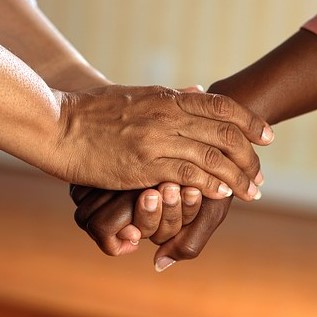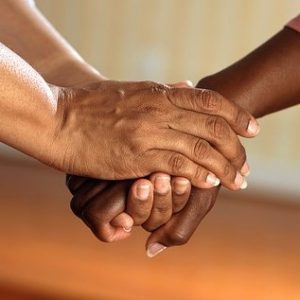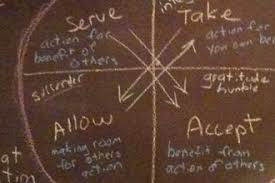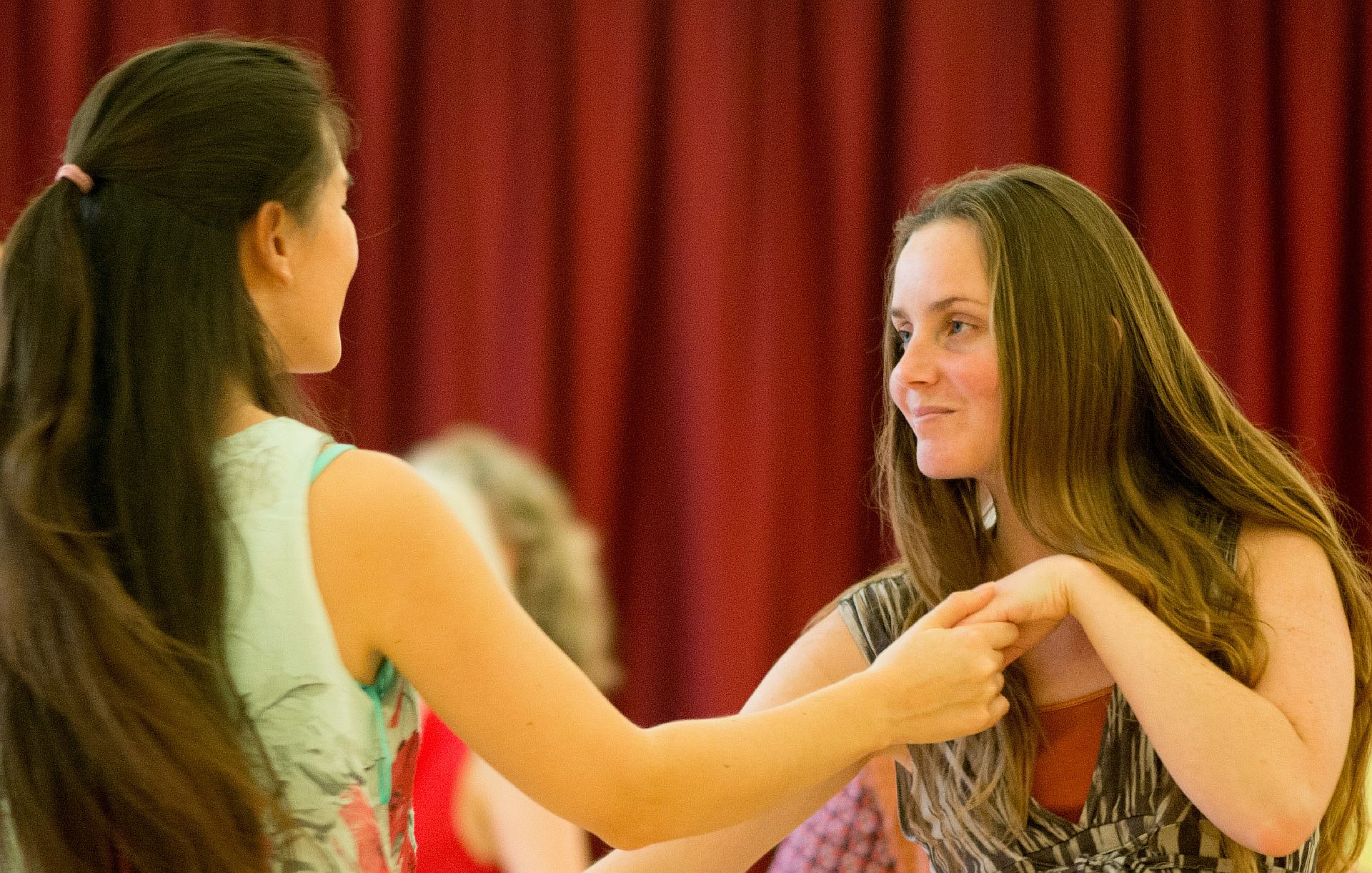(Julia Hancock - www.heartnova.com - June 2018)
I’ve discovered through working with people over the years that saying no can be challenging and difficult for many of us. Having access to “no” is not only essential to a healthy life, without it our “yes” is meaningless.
Why we don’t say no
As social creatures we need to be accepted and loved, it’s essential. However we may at times be so focussed on wanting to please the other, that we operate in a way that neglects ourself. We may not wish to hurt or disappoint the other, which is an inherently kind stance. However if we override ourself at their expense it’s possible we may ultimately disappoint them by not being able to live up to the thing we agreed to, and we’ll also hurt ourself in the process, through over-committing.
Honouring ourself
When we aim to please the other and we say yes when really we're really feeling no, we disregard our own needs. Which relationship is most certainly guaranteed to be the longest lasting, the closest, and the most important in this life? Ourself or other? Who do we want to commit to? How does our own self-care and authenticity impact our relationships?
Signs of not saying no
If we are exhausted, resentful or self-critical, these could be signs that we’re saying yes a little too often for our own good. It could be that implementing our “no” may benefit us!
What supports our healthy response
- Check in with our own body. Sensations and feelings are all signs for us. I notice when I feel a no to a question sometimes there can be a subtle tension in my solar plexus area. This goes when I acknowledge and speak my no. It may be that your body shows you other signs, such as a change in your breathing, tiredness, or headache. These are all important signals to listen to, and to act on.
- Take time to pause. It can really help to just take a breath before giving a response. For me when I do this I feel an opportunity to respond from my whole self, rather than just my thinking mind, which can definitely be too quick to respond at times! It may be that we’re not ready to make a decision and need more time to go away and come back to the subject, that’s OK too.
- Having a useful statement. I notice hearing myself recently sometimes say “I don’t want to over-commit”. I realise that’s a useful statement, which happens to be true, but also gives more information to the other whilst creating a safe boundary for myself. There could be other useful statements to help navigate, what might yours be?
- Reflect. Do I really want this? Am I just trying to please the other? Maybe I need more information first? Am I ready to answer now?
- Practice. We all grew up with conditioning from our family, culture, education… We may not have felt able to say no in some of the arenas in our life in the past. Certainly as babies we were ill-equipped, so from that point of view we’ve all gone along with to some degree. We can practice saying no for it to become a new accessible habit.
- No need to explain. Sometimes we take away from the clarity and power of our no by over-explaining. It may be enough to simply say no.
Know that...
- You may think you know, but you don’t know how another will response until they do.
- You are not responsible for the other person’s response or reaction.
- You are responsible for your own reaction or response.
- Yes, it can feel vulnerable to say no. Academic Brené Brown says there’s no personal progress or creativity without vulnerability.
- By saying no you give others permission to do the same.
- When we take care of ourself we are more able to be with others more fully.
- Like any practice it does get easier!
A Game for two...
In some of "The Wheel of Consent" workshops I run there is a game we play to lighten up, yet practice the saying of “no”. You just need a friend and a sense of willingness to have a go…
Stand a comfortable distance in front of each other with eye contact.
Person A offers questions and invitations to person B. These can be anything, things person A may consider inciting, extraordinarily delicious, or downright uninviting! You never know how it will “land” for them anyway, right?
Eg: “Would you come for a walk with me in the park nearby?”...“I’d love to play with your hair in a gentle, sensual way, may I?”... “Please can I drag you down the stairs by your ankles?”
Person B’s job is simply to say “no” to every request and invitation. These no’s can be gentle, forthright, or even shouting like really stating a boundary. Just play with it! It’s great to have access to say no in various ways.
It is good to bring some lightness to the subject, partly because saying no may have negative connotations which I believe needs to change. Additionally we learn more easily with humour and enjoyment supporting the learning process, due to the release of neurotransmitters such as dopamine, serotonin and endorphins.
I can recommend an interesting book by Canadian physician Gabor Maté, “When The Body Says No." Through scientific research and real life accounts he speaks about how illness can develop in the body when we are unable to manage and state our own boundaries. If we don’t say no when we really need and want to it can have serious implications. Conversely by learning to say no appropriately we create a sense of personal empowerment and self-love, healthy boundaries and authenticity in relating, potentially deeper intimacy, and greater safety in our world. The ability to say no may be the most powerful step you can take in your personal growth.





